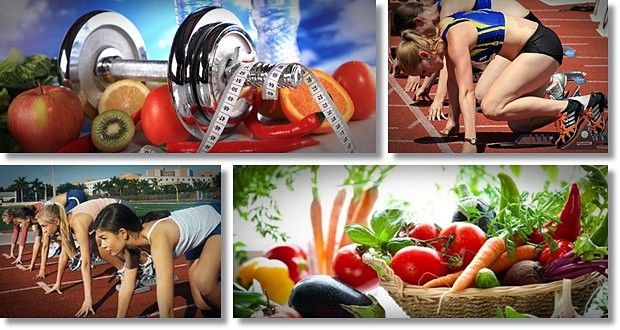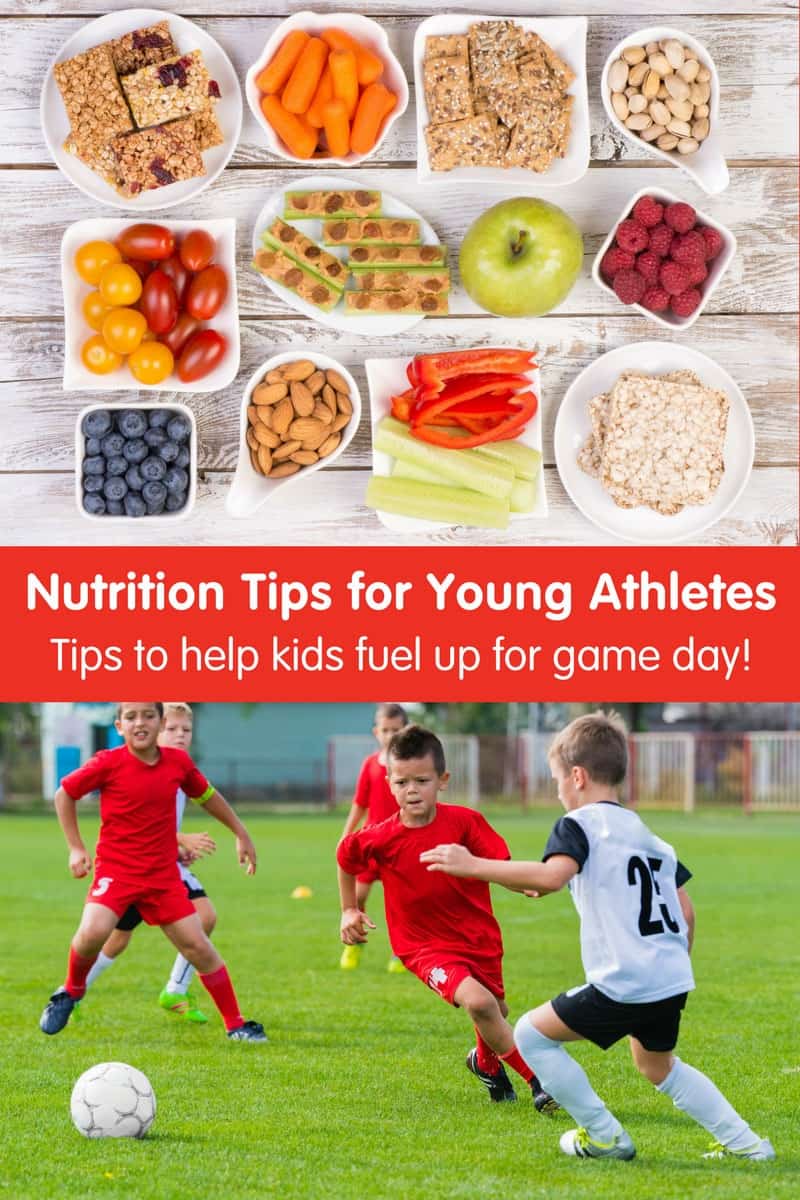Sports And Nutrition: A Right Blend for Enhanced Performance
Maintaining a healthy diet is an integral part of sports and physical activity. Eating the right food helps athletes perform better and reduce their risk of injury during exercise. Therefore, having a proper nutrition plan is essential for all athletes. According to college athlete nutritionist, sports and nutrition are two different aspects that must work together to deliver optimal health outcomes and improved performance in any sport.
What Is Sports Nutrition?
Sports nutrition is fueling your body with the right amounts of fuel before, during, or after a workout or competition. It’s about eating certain foods at specific times based on your body type, activity level, fitness goals, and personal preferences to maximize performance potential. Proper nutrition can help improve endurance, strength, speed, and agility for any type of athlete.

Benefits Of Good Nutrition For Athletes
Good nutrition provides several benefits for athletes such as increased energy levels which allow them to train harder and longer; delayed fatigue which lets them perform at their peak for longer periods; enhanced recovery from training sessions; improved resistance against injuries due to overexertion; improved mental alertness; reduced stress levels; better sleep quality; healthier skin & nails; enhanced immune system function leading to fewer illnesses; strengthened bones & joints; increased metabolic rate resulting in faster weight loss or muscle building when combined with appropriate exercise regimens. All these benefits lead to improved athletic performance due to better overall health conditions.
Carbohydrates For Improved Performance
Carbohydrates are the primary source of energy used by muscles during intense exercise or competition. They provide fuel in the form of simple sugars that can be rapidly absorbed into the bloodstream, providing an immediate energy boost, while also replenishing muscle glycogen stores that are depleted during prolonged activities such as running marathons or playing football. Complex carbohydrates should be included in meals throughout the day, but especially before training or competition, as they take time to digest and provide a sustained release of energy over time, rather than the quick burst found in simple sugars such as chocolate bars or fizzy drinks. Whole grain breads, whole grain cereals/pasta, beans/pulses, fruit & vegetables are some examples of good sources of complex carbohydrates for athletes.
Protein for muscle repair and growth
Protein is important for repairing muscle tissue damaged during intense training or competition, and for building stronger, leaner muscles through the production of growth hormone stimulated by dietary protein intake. Some good sources include eggs (white and yolk), lean meats, fish, poultry (skinless chicken breasts), low-fat dairy products (milk, yoghurt, cheese), legumes/beans/nuts, etc. Protein shakes made from soy milk or whey powder can also be taken before/after a workout, providing rapid absorption into the bloodstream and helping to repair muscle fibres more quickly than solid foods.
Vitamins & minerals for strong bones and muscles
Vitamins & minerals play an essential role in keeping bones strong by maintaining bone mineral density and aiding muscle contractions to produce efficient movements necessary for athletic success. Vitamin D helps absorb calcium into the bones, making them stronger, while magnesium helps regulate heartbeat, preventing dangerous arrhythmias during strenuous activity. Iron helps transport oxygen around the body, reducing fatigue, while zinc supports immune system function, preventing illness caused by extreme exhaustion from long hours of training. Sources include fortified cereals/juices, dark green leafy vegetables, citrus fruits (oranges), nuts/seeds etc.
Staying hydrated to avoid dehydration during strenuous activity
Staying hydrated is critical when participating in any physical activity as even mild dehydration can cause mental confusion leading to decreased coordination negatively affecting ability, so it’s important to drink fluids regularly throughout the day regardless of whether you’re thirsty or not. Water is the best choice, but electrolyte replacement drinks such as Gatorade may be recommended depending on the intensity of the activity; exercising in higher temperatures will require more fluid intake to prevent heat cramps caused by dehydration.

Conclusion
In conclusion, it’s clear that proper nutrition plays a crucial role in enhancing performance for all types of athletes, whether professional Olympians or amateur weekend warriors alike. Eating balanced meals containing adequate amounts of carbohydrates, proteins, vitamins and minerals, along with staying properly hydrated, will ensure maximum results in continuing to achieve both short and long term fitness goals!
